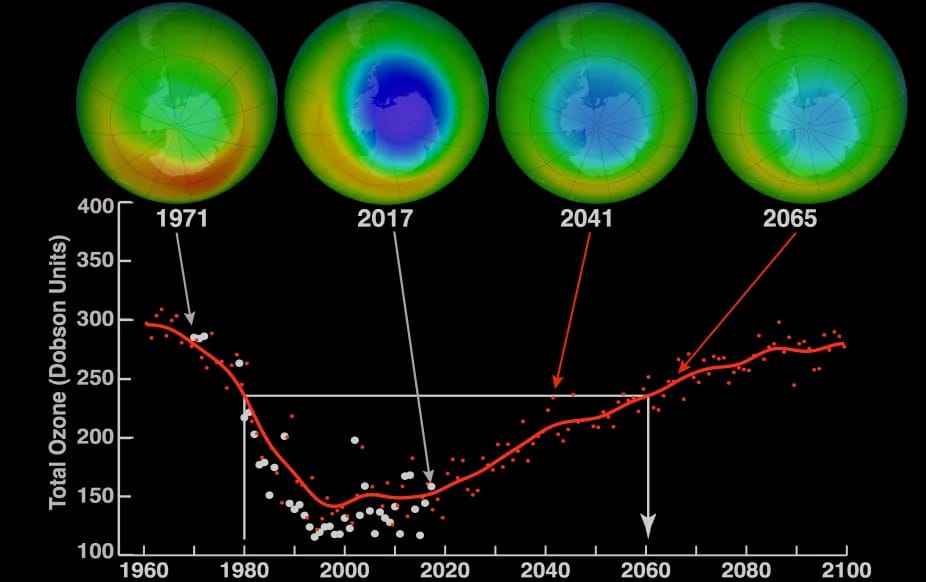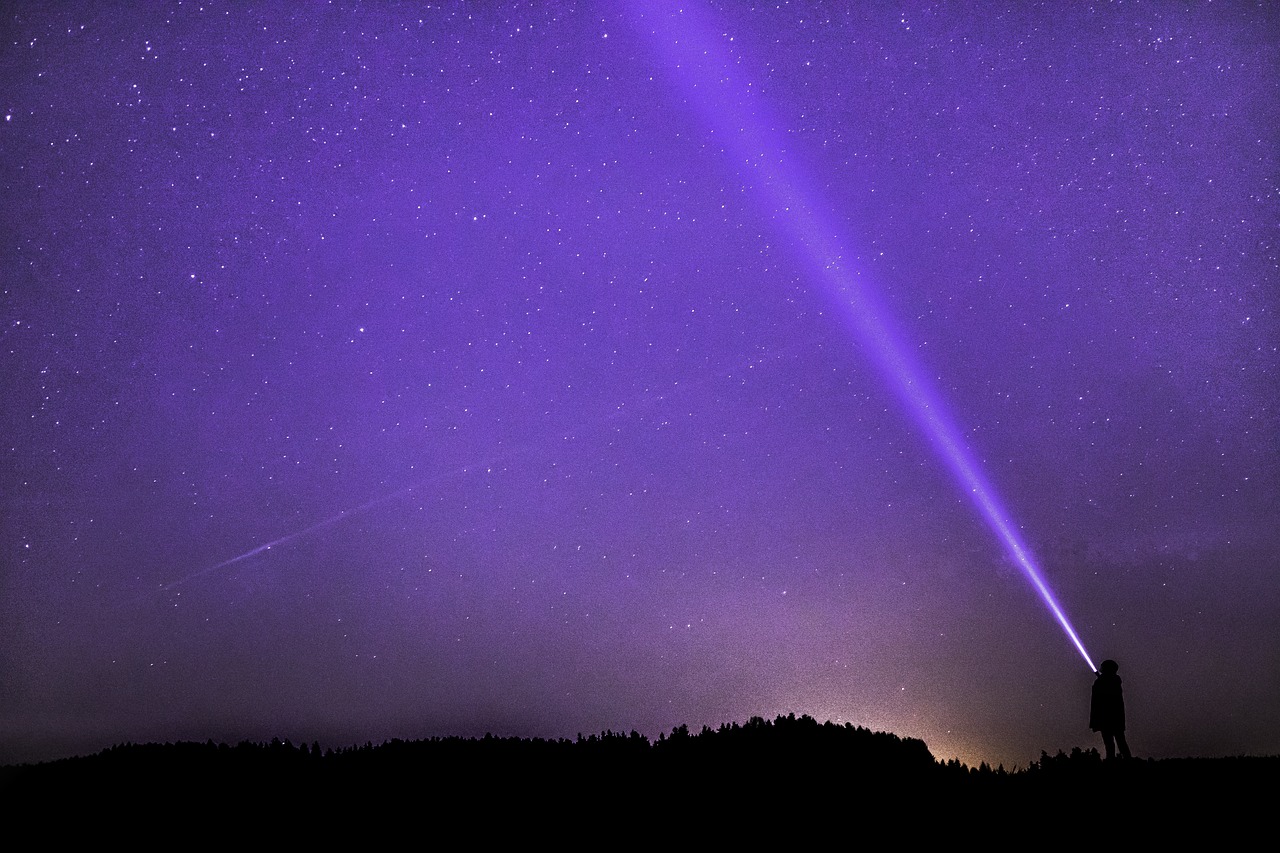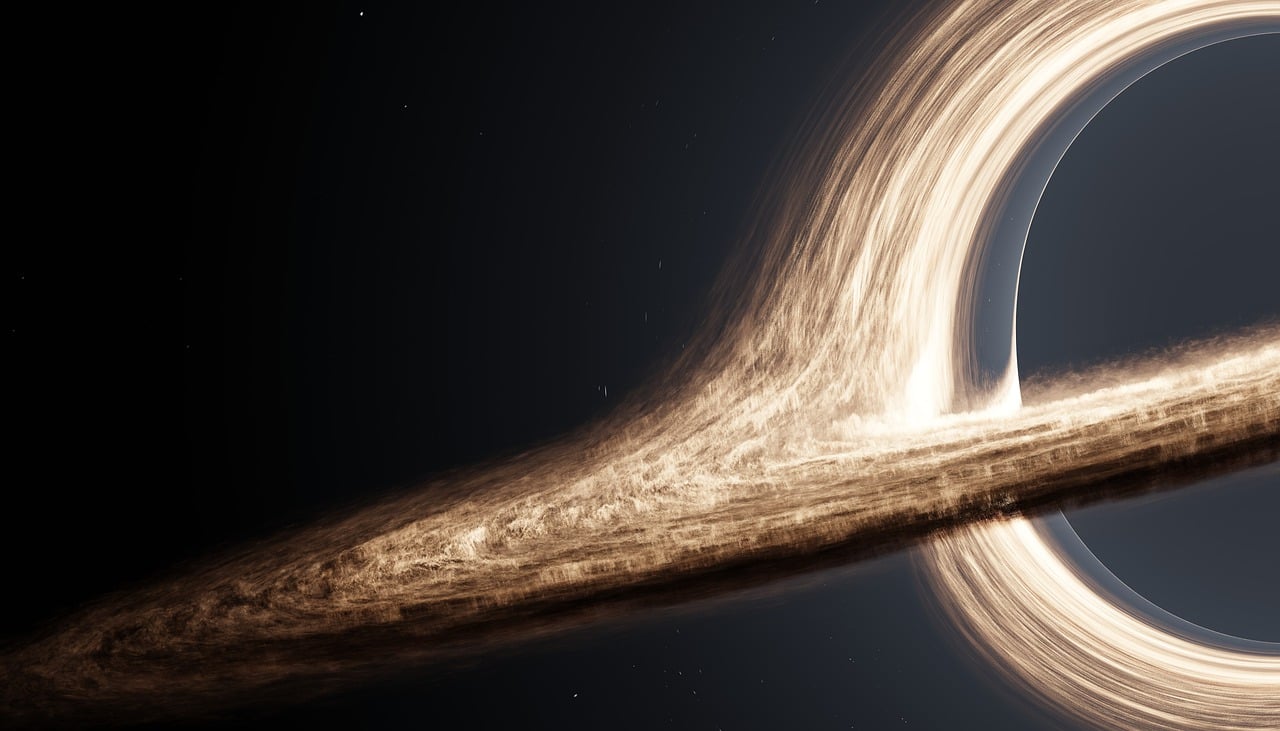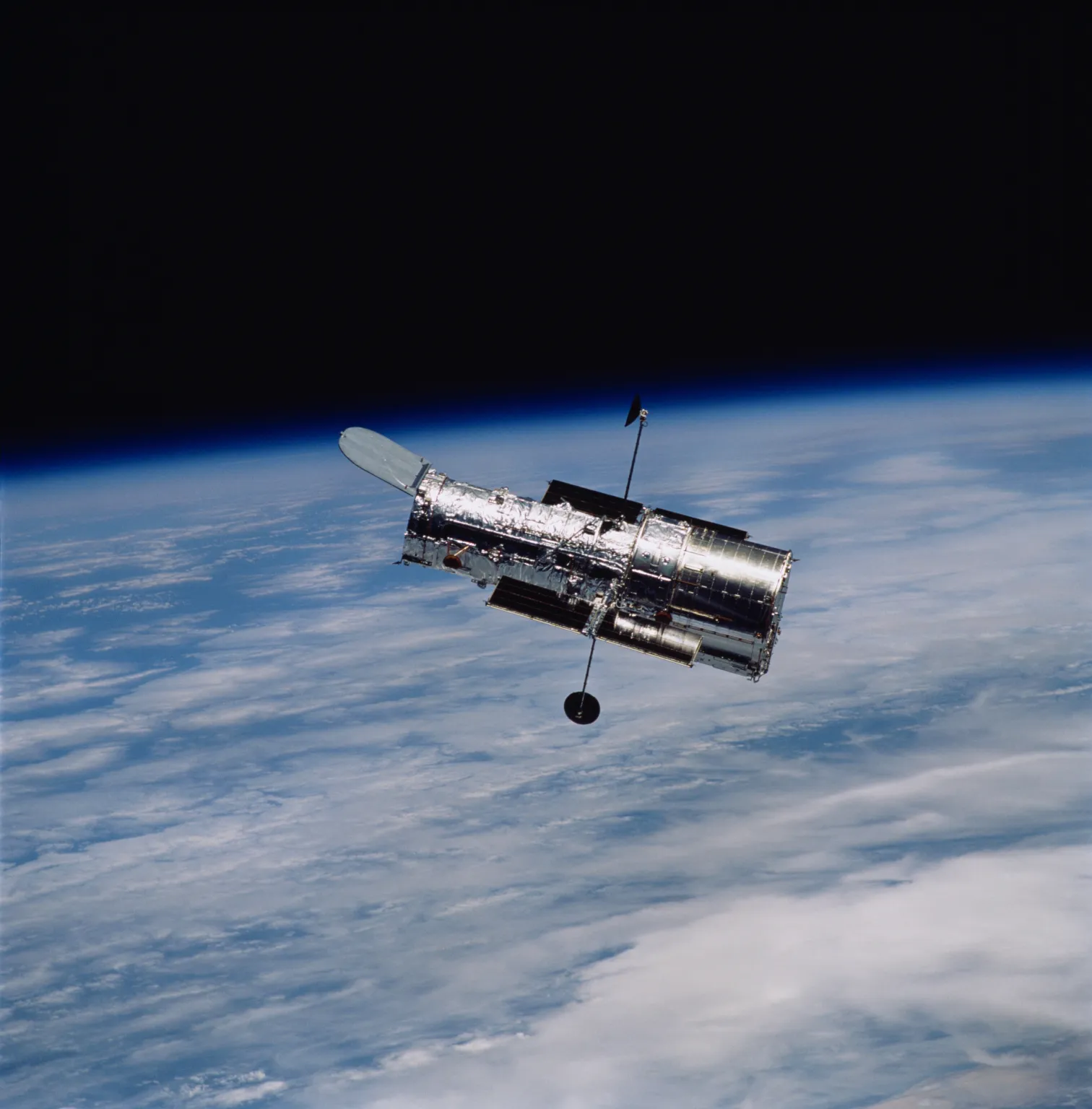Time Travel Tourism: Will We Ever Be Welcoming Future Visitors?

From H.G. Wells' "The Time Machine" to the adventures of “Doctor Who”, there are few concepts in the scientific realms that have captivated human imagination, throughout the ages, quite like the prospect of time travel. Yet, beneath the realm of fantasy lies a profound and intricate exploration of physics, where the very fabric of time is woven with threads of relativity, and cosmic mysteries.
Time travel is commonly defined by David Lewis’ definition: An object time travels if and only if the difference between its departure and arrival times as measured in the surrounding world does not equal the duration of the journey undergone by the object. This is quite contrary to the time teleportation shown in fiction movies where time travellers typically step inside a machine and—“poof!”—disappear. They then reappear instantaneously among cowboys, knights, or dinosaurs. However, the Devil lies in the details so let’s delve deeper viewing it through the lens of physics.
Here lies the question, “Is time travel Possible?” Now, there are two sides to this story. On one hand, as physicist Stephen Hawking pointed out in his book "Black Holes and Baby Universes", "The best evidence we have that time travel is not possible, and never will be, is that we have not been invaded by hordes of tourists from the future."
On the other hand, some scientists do believe that it’s possible! And that you’re doing it right now at a rate of one second per second, and physicists do believe that rate can change.
Let's start with Albert Einstein's theories of relativity, which set out a description of space, time, mass, and gravity. A key outcome of relativity is that time is an illusion and the flow of time isn't constant. Time can speed up or slow down, depending on the circumstances.
Einstein developed his theory of special relativity in 1905 which unifies the concepts of time and space. According to it, time’s flow depends on how fast you’re moving. An observer traveling at high velocity will experience time at a slower rate than an observer who isn't speeding through space. This was later demonstrated by the two twin brothers Mark Kelly and Scott Kelly. Astronaut Scott Kelly was born after his twin brother, and fellow astronaut, Mark Kelly. Scott Kelly spent 520 days in orbit, while Mark logged 54 days in space. The difference in the speed at which they experienced time over the course of their lifetimes has widened the age gap between the two men. "So, whereas I used to be just 6 minutes older, now I am 6 minutes and 5 milliseconds older," Mark Kelly said in a panel discussion.
According to Einstein’s general theory of relativity, gravity also affects clocks: the more forceful the gravity nearby, the slower time goes. In our everyday lives, these relativistic effects are too tiny to be noticed. But they do affect the satellites that we use for global positioning systems (GPS). The clocks above click faster than the clocks on Earth and must be constantly readjusted. If we didn't, Google Maps would be wrong by about 10km (six miles) a day!
Relativity opens the door to future time travel without the need for a traditional time machine. By either traveling at speeds near the speed of light or spending time in a strong gravitational field, you can achieve this effect. In relativity, these approaches are essentially interchangeable, resulting in a subjective experience of a short period while decades or even centuries elapse in the rest of the Universe.
Yet, regardless of how hard it is to travel forward in time, traveling back is even harder. General relativity permits sufficient warping to allow "closed time-like curves"(a path through space and time that loops back on itself. A person who followed the path would eventually find themselves at the same time and place where they started). One such phenomenon is “wormholes” which are theoretical "tunnels" through the fabric of space-time that could connect different moments or locations in reality to others.
Similar to these, scientists have come up with theories like the infinite cylinder theories and time donuts to enable timelines to close on themselves but all this has remained theoretical and there’s no evidence of the existence of such a thing. Even if we possessed significantly advanced technological capabilities, beyond our current level, it seems unlikely that we would be able to create closed time-like curves on purpose.
These paths through space-time loop back upon themselves, leading to mind-bending paradoxes like the famous "grandfather paradox," where altering the past could seemingly negate one's own existence!
Similar Post You May Like
-

CFCs, HFCs and their long, troubled history
At its peak, the ozone hole covered an area 7 times larger than the size of Europe, around 29.9 million km2, and was rapidly expanding
-

The Origin of Universe: Deciding point where it all began!
Let us unravel and surf through the ideas throughout ages to understand what the universe and its origin itself was to its inhabitants across history.
-

The Artemis Program
Inspired by the Greek goddess of the Moon, twin sister to Apollo, the artimis program was named on 14 May 2019 by Jim Bridenstine.







